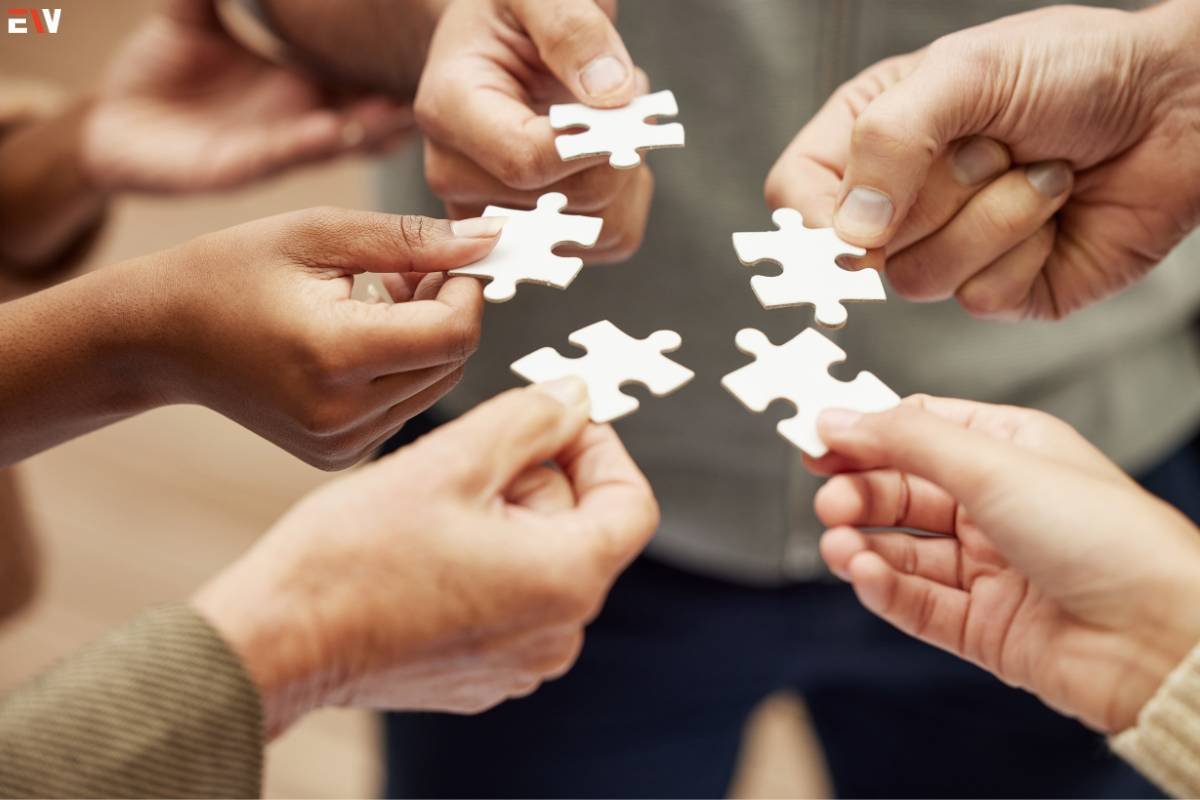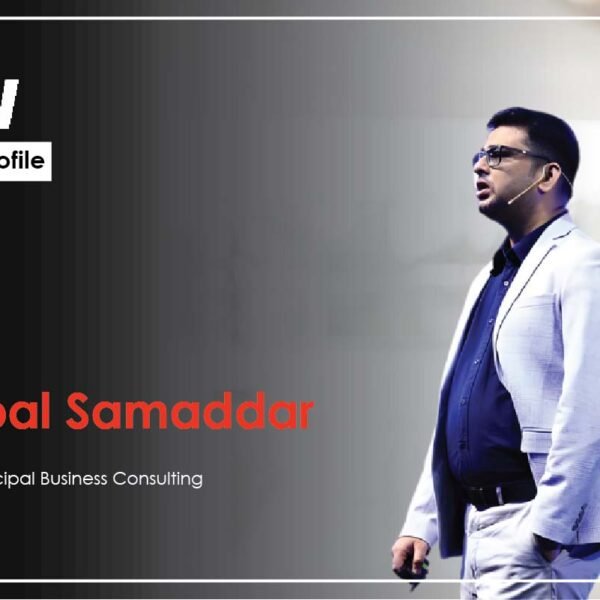In every aspect of life, from personal relationships to professional endeavors, the ability to navigate challenges and find effective solutions is a fundamental skill. Problem-solving skills are not only crucial for overcoming obstacles but also for fostering personal growth and success. In this daily guide, we’ll explore the significance of problem-solving skills, delve into key components, and provide practical tips to sharpen this invaluable skill set.
Day 1: Understanding the Importance of Problem-Solving Skills
Problem-solving skills go beyond addressing issues; they encompass critical thinking, creativity, and adaptability. Whether at work or in daily life, individuals with strong problem-solving abilities are better equipped to handle uncertainties, make informed decisions, and contribute positively to their surroundings.
Day 2: The Components of Effective Problem-Solving Skills
Identifying the Problem: The first step in the journey of problem-solving skills is recognizing the issue at hand. Clearly define and understand the problem before attempting to solve it. Break down complex issues into manageable components for a more focused approach.
Analyzing the Situation: Once the problem is identified, analyze the factors contributing to it. Consider the context, potential consequences, and underlying causes. Thorough analysis provides a solid foundation for crafting effective solutions.
Generating Solutions: Embrace creativity by brainstorming multiple solutions. Avoid premature judgment, and encourage a free flow of ideas. Quantity often precedes quality in the brainstorming phase, so explore various possibilities before narrowing down your options.

Evaluating Options: Assess the pros and cons of each potential solution. Consider feasibility, cost, and potential impact. This step is crucial for selecting the most viable and effective solution from the alternatives generated.
Implementing the Solution: Take decisive action to implement the chosen solution. Develop a step-by-step plan to develop problem-solving skills, allocate resources effectively, and communicate clearly with any stakeholders involved. Timely execution is essential for successful problem resolution.
Reflecting and Learning: After implementing a solution, reflect on the outcome. What worked well? What could be improved? Learning from each problem-solving experience enhances your skills and prepares you for future challenges.
Day 3: Developing Critical Thinking for Problem-Solving Skills
Ask Questions: Encourage a curious mindset by asking questions. Challenge assumptions, seek additional information, and explore different perspectives. Critical thinkers approach problems with an inquisitive and open-minded attitude.
Analyze Information: Practice evaluating information objectively. Break down complex data, identify patterns, and discern relevant details. The ability to analyze information critically is foundational for effective problem-solving.
Make Informed Decisions: Utilize critical thinking to make well-informed decisions. Consider the potential consequences of each option and weigh the evidence before concluding. Rational decision-making is a key aspect of problem-solving skills.
Day 4: Cultivating Creativity in Problem Solving

Divergent Thinking: Foster divergent thinking by exploring a wide range of ideas. Challenge yourself to think beyond conventional solutions and embrace unconventional approaches. Creativity often thrives when you allow your mind to explore uncharted territories.
Mind Mapping: Use mind maps to visually organize your thoughts. This technique helps in connecting ideas and identifying potential solutions. Mind mapping encourages a holistic view of the problem and sparks creative insights.
Collaboration and Brainstorming: Engage with others to leverage collective creativity. Collaborative brainstorming sessions bring diverse perspectives to the table, leading to innovative solutions that might not be apparent when working in isolation.
Day 5: Enhancing Adaptability
Embrace Change: Cultivate a mindset that welcomes change. The ability to adapt to new circumstances is essential for effective problem-solving in dynamic environments. Embracing change allows for flexibility in your approach.
Learn from Setbacks: View setbacks as learning opportunities. Analyze what went wrong, understand the contributing factors, and use this knowledge to refine your problem-solving strategies. Resilience is a key attribute of adaptability.
Stay Open-Minded: Avoid rigid thinking by staying open to alternative perspectives and solutions. Acknowledge that there may be multiple ways to approach a problem, and be willing to adjust your course based on new information.
Day 6: Practical Tips for Daily Problem Solving

Break Down Complex Issues: When faced with a complex problem, break it down into smaller, more manageable components. Tackling one aspect at a time makes the overall problem-solving process less overwhelming.
Prioritize and Time Management: Prioritize problems based on urgency and importance. Effective time management ensures that you allocate sufficient time and resources to address each problem appropriately.
Seek Feedback: Don’t hesitate to seek feedback from peers or mentors. External perspectives can provide valuable insights and alternative viewpoints that may enhance your problem-solving approach.
Continuous Learning: Stay curious and committed to continuous learning. The world is ever-changing, and ongoing education ensures that your problem-solving skills remain adaptive and relevant.
Conclusion:
Mastering the art of problem-solving is a continual journey of growth and development. By understanding the importance of problem-solving skills, breaking down the components, and incorporating daily practices, individuals can enhance their ability to navigate challenges with confidence and effectiveness. As problem-solving becomes a habit, it not only contributes to personal success but also positively influences the environments we inhabit, fostering innovation, collaboration, and resilience.










